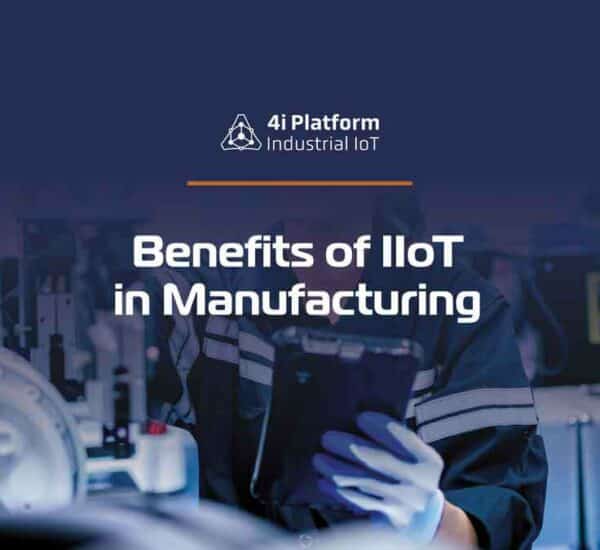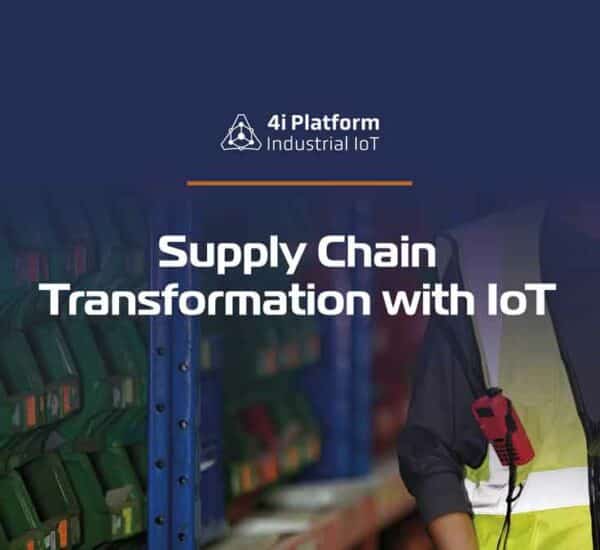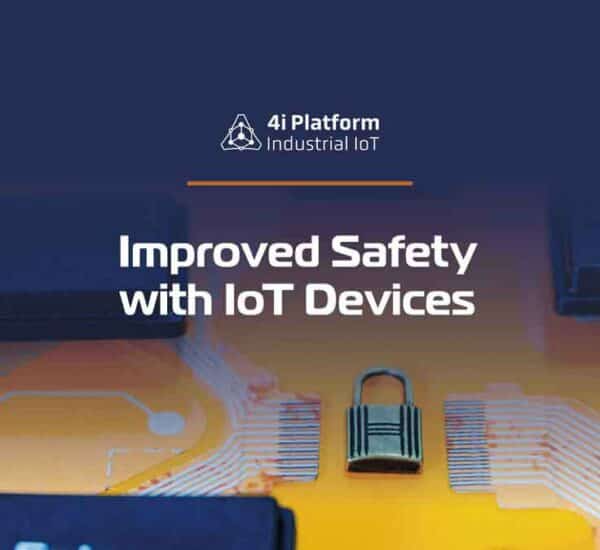Nowadays, in the 4.0 era, there are over 20 billion smart devices connected to the internet. With this thought in mind, it is not hard to imagine that it will triplicate by 2030. Meanwhile, the IIoT platforms are changing the industrial business in a way that no one could have ever predicted.
The increase of IIoT (Industrial Internet of Things) devices, standards, and communication protocols are improving the operative management of IIoT systems significantly.
As a result, IIoT platforms are a new challenge for organizations that are not familiar with these processes.
However, IIoT platforms are a type of Industrial IoT software that enables industrial companies to manage the data, workers, and systems in a friendly and secure IIoT ecosystem.
Operating an IIoT network means monitoring and controlling all the processes in the company. Since industries have hundreds of thousands of processes running 24/7, they need enough devices capable to handle the numerous tasks throughout the company.
Central industrial IIoT platforms provide solutions in every industry sector.
Although, a variety of IIoT vendors are creating their IIoT platforms. How to know which one is right for your business and ensure it will receive all the benefits of industrial IoT?
How to define IIoT platforms?
In order to define IIoT platforms, it is essential to understand that IIoT creates a whole new level of integration. IIoT smart devices are attached to the same network, and organizations have more endpoints to maintain than ever before.
In other words, people need to imagine the IIoT network as a digital ecosystem where all the data, or information, and processes are securely and effectively monitor and manage.
Usually, the best industrial IoT platforms allow the integration of new smart devices with business applications as needed. This action enables the flow of data.
The IIoT platforms should provide complete facilities for:
Device integration
Its the result of the connection of several devices that communicate, interact and interoperate with each other. This process benefits the company with real and reliable data.
The main issue that companies have to face is the device integration. However, IIoT platforms can get the homogeneity of their communication protocols and data formats, and make it available to other elements on the network.
Data integration
Above all, the value of IIoT platforms lies in data integration, where the platform involves connecting data from several sources and provides it to consumers with a centralized view of them. As a result, this process becomes vital in commercial and scientific domains.
Process integration
Is part of the digital ecosystem, process integration (PI) is known as the integration and synchronization of the internal operations that emphasizes the unity of the process.
Ecosystem services
Meanwhile, IIoT platforms are responsible for establishing, enabling, and managing trusted interactions within the digital ecosystem of data, workers, and processes in a friendly and secure IIoT ecosystem.
Types of IIoT Platforms
Today, there are more than 350 IIoT platforms in the market, and this number is in constant growth, however, not all platforms are the same. IIoT platforms are shaped by the strategies of different organizations. They are classified in:
- Connectivity platforms: gives software, connectivity, hardware, and data to manage and track smart devices and networks.
- Data IoT platforms: the solution for data-driven IoT systems that make use of ML, AI, statistical modeling, and mass data collection.
- Cloud platforms: offers the infrastructure to create a coherent IoT system, for example, a large industrial machine park.
- End-to-end platforms: uses a one-size-fits-all approach that gives users everything they need to get an IoT system, such as hardware, software, connectivity, security, and tools for fast implementation.
In this way, even when all IIoT platforms are different, there are features that any industrial IoT platform should have. These include:
- Security
- Connectivity
- Integration
- Identification
- Analysis
Benefits of IIoT platforms
Just as the Internet of things improves everyday life, the Industrial Internet of Things generates excellence in the industrial world. These are three of the essential advantages IIoT platforms can give to your company.
Coordinating and connecting the factory
The 4.0 era is all about connectivity. Everything must be coordinated and connected into the network to be processed and analyzed. This advantage allows to understand what is happening in the factory and make better decisions for its future.
Application development
IIoT Platforms let you develop applications for your own request and improvements.
These applications connect your smart devices and IoT sensors so they can gather data from processes, workers and machine elements of processes, and reduce the origins of failures on the factory floor.
Better insights from data
In actuality, it is usual to hear the expression “Data is oil”. That is because data is the most relevant asset in the universe, not only because it gives you status, but by collecting data, you can get better insights and make more reliable choices to improve your rank in the market.
Data is the key to any advance in industry 4.0. There is no way to make predictive maintenance as reliable choices without data.





